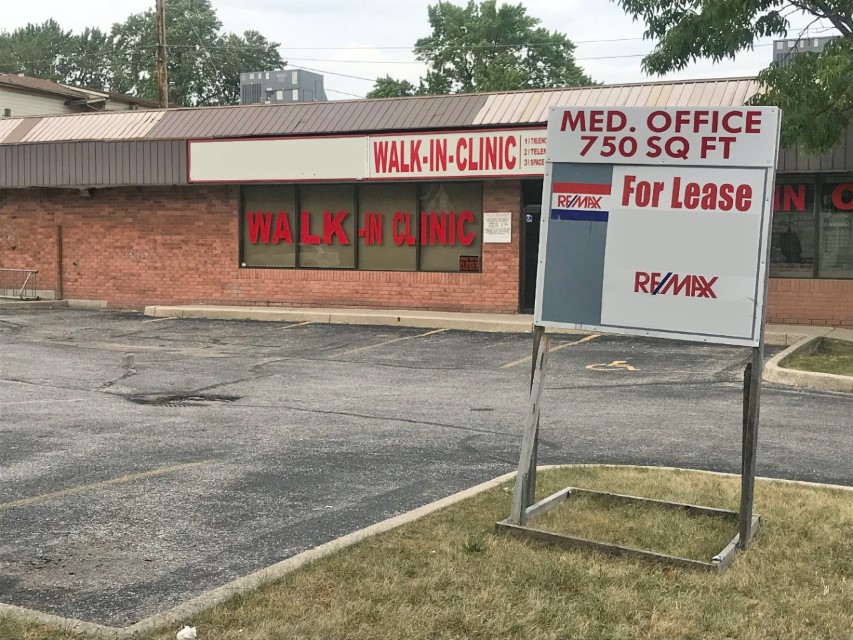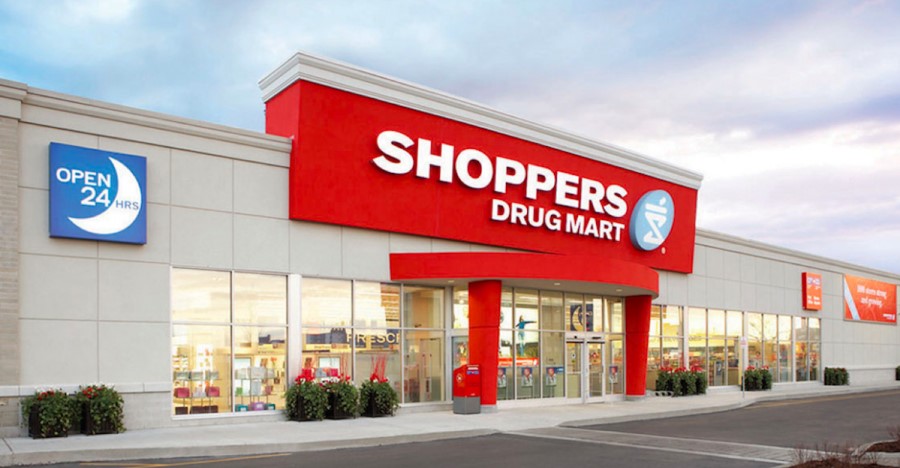October 15th 2020

Generally in our Money Machine seminars and related articles we concentrate on residential rentals. The reason is that for the novice investor it’s both easier to understand and easier to get into the residential investment market  than it is commercial. Having said that, however, Commercial is a very valuable avenue for real estate investment and needs to be considered.
than it is commercial. Having said that, however, Commercial is a very valuable avenue for real estate investment and needs to be considered.
We have touched on Commercial investment in past articles, and I’d like to take a closer look again today. And while commercial often conjures up visions of regional shopping malls and extensive strip plazas, for our purpose I want to look at opportunities affordable to the novice investors. Generally, site specific business locations.
Our country, our province and our region is built around small business. It, every bit as much as the giant multi national corporations, is the backbone of the economy. And for the most part, every business, especially retail business needs a site from which to operate. So as an investor suppose you are looking at purchasing a small business location: a convenience store, a fast food outlet, a coffee shop, hair salon, shoe repair shop, restaurant, whatever. Now, I’m not talking about the business. That is a whole different issue and one we will look at next month. For our purposes we are considering a purchase of brick and mortar and leasing out the premise to one of those businesses. What should be considered before you sign an Agreement and make the purchase?
 First and foremost, I would suggest you consider the overall versatility of the property. How ‘site-specific’ is it? It may be a very viable, very profitable business in operation at the moment, but that could change. If it does and the property suddenly becomes vacant, how easy will it be to find another tenant?
First and foremost, I would suggest you consider the overall versatility of the property. How ‘site-specific’ is it? It may be a very viable, very profitable business in operation at the moment, but that could change. If it does and the property suddenly becomes vacant, how easy will it be to find another tenant?
I had an acquaintance some years ago who owned 105 buildings around the province all of which were leased out to government agencies. Excellent investment in that the covenant was strong, you were going to get paid. And the leases were generally long term. Most were OPP stations. However, and we’ve seen this happen in recent years, what happens at the end of the lease if the police decide to relocate? These buildings are generally site specific, not easily adaptable to a variety of uses, and for the most part on highways somewhat removed from town. Now, they are still great investments for the most part, but can certainly be a problem should they become vacant. The same can be said for a ‘Tim Hortons’ location. Pretty much guaranteed not to fail, but I’ve seen a number re-locate because they did not have drive thru potential.
The second thing you need to look at is the length of the lease. One of the very specific benefits of commercial investment is the fact that generally leases are long (5 or 10 years) and tenant turnover is low. Now, if you have a multi purpose site in a high traffic area, the length of the lease is not as critical. You’ll be able to find a new tenant. But often that is costly for the  landlord. The new tenant will in all likelihood want to negotiate a rent-free period during which he does leasehold improvements and often will look to the landlord to contribute at least floor covering and T-bar ceiling. A long lease with a solid viable tenant enterprise is always best. And thirdly, and this is important. How strong is the covenant? One of the very desirable tenants that plaza owners often look for is Pharmacies. With our ageing population and generally universal healthcare, they are a pretty secure growing business. And for some reason, they often pay more than market rent. But here you might want to ask, who is the lease with? The individual or the corporation? The same should be asked for any franchise type situation. Often the feeling is “wow it’s such a well known brand I’m sure it’s secure”. But if it’s owned by an individual who is not an experienced businessman and well funded, it can certainly fail. And if it does, chances are the franchise or parent company has no obligations to the landlord.
landlord. The new tenant will in all likelihood want to negotiate a rent-free period during which he does leasehold improvements and often will look to the landlord to contribute at least floor covering and T-bar ceiling. A long lease with a solid viable tenant enterprise is always best. And thirdly, and this is important. How strong is the covenant? One of the very desirable tenants that plaza owners often look for is Pharmacies. With our ageing population and generally universal healthcare, they are a pretty secure growing business. And for some reason, they often pay more than market rent. But here you might want to ask, who is the lease with? The individual or the corporation? The same should be asked for any franchise type situation. Often the feeling is “wow it’s such a well known brand I’m sure it’s secure”. But if it’s owned by an individual who is not an experienced businessman and well funded, it can certainly fail. And if it does, chances are the franchise or parent company has no obligations to the landlord.
Regardless of the business that will be signing the lease, do your homework as to financial strength. If the business is well established, ask for past financial statements and ask the same of the principal. I would suggest that a requirement of the lease be a personal covenant of the owner of the business along with the commitment of the corporation who will be the tenant.
Commercial investment. An excellent avenue, even for the novice and small investor. But do your homework before you take the plunge.
Nest issue we are going to take a look at business purchases. Not the brick and mortar, but the actual business. Can it be a viable investment? And if so, what should you look for and how can you estimate value?